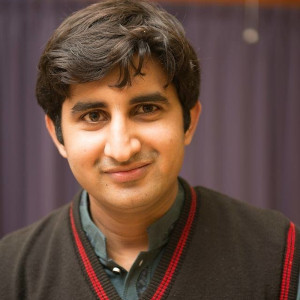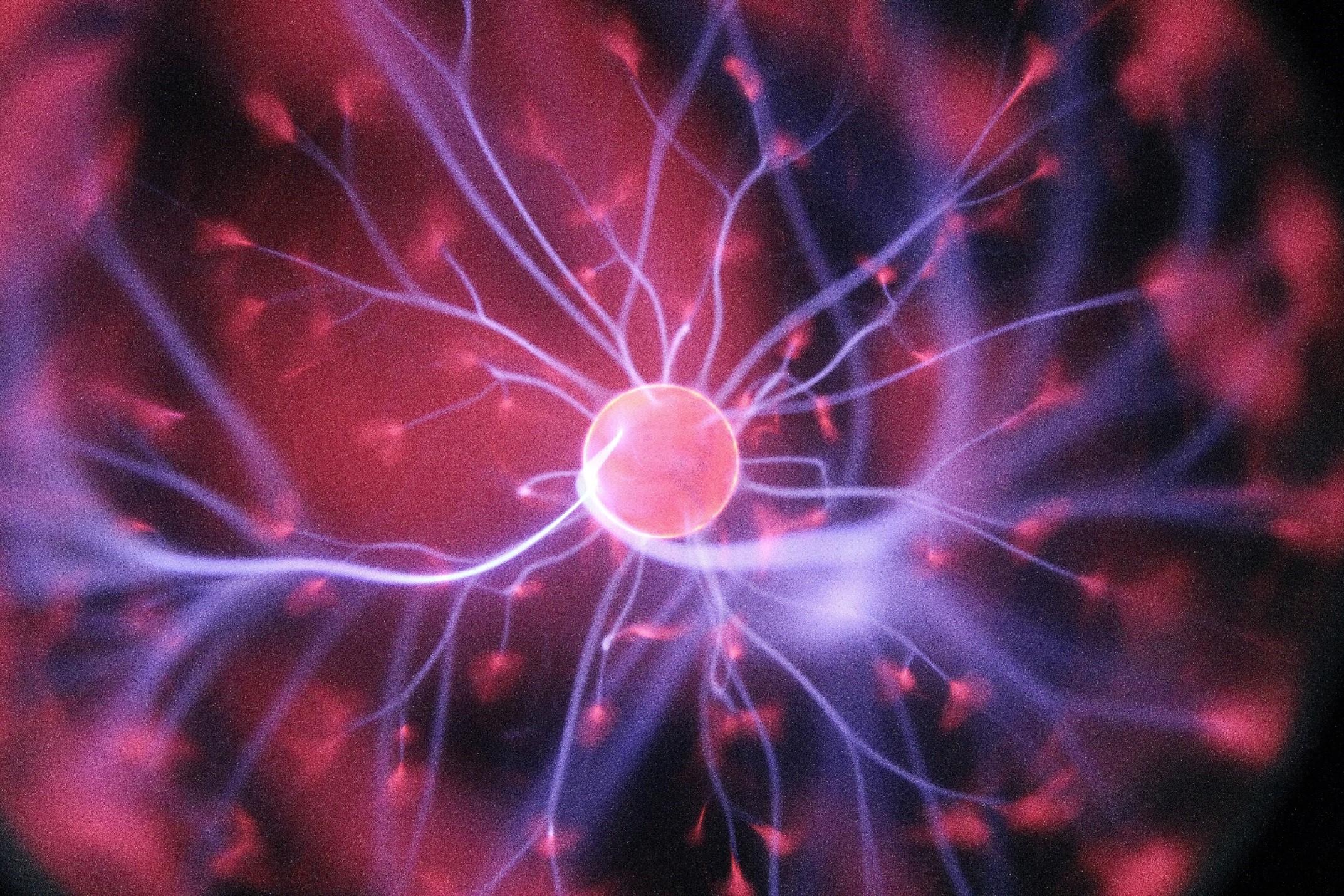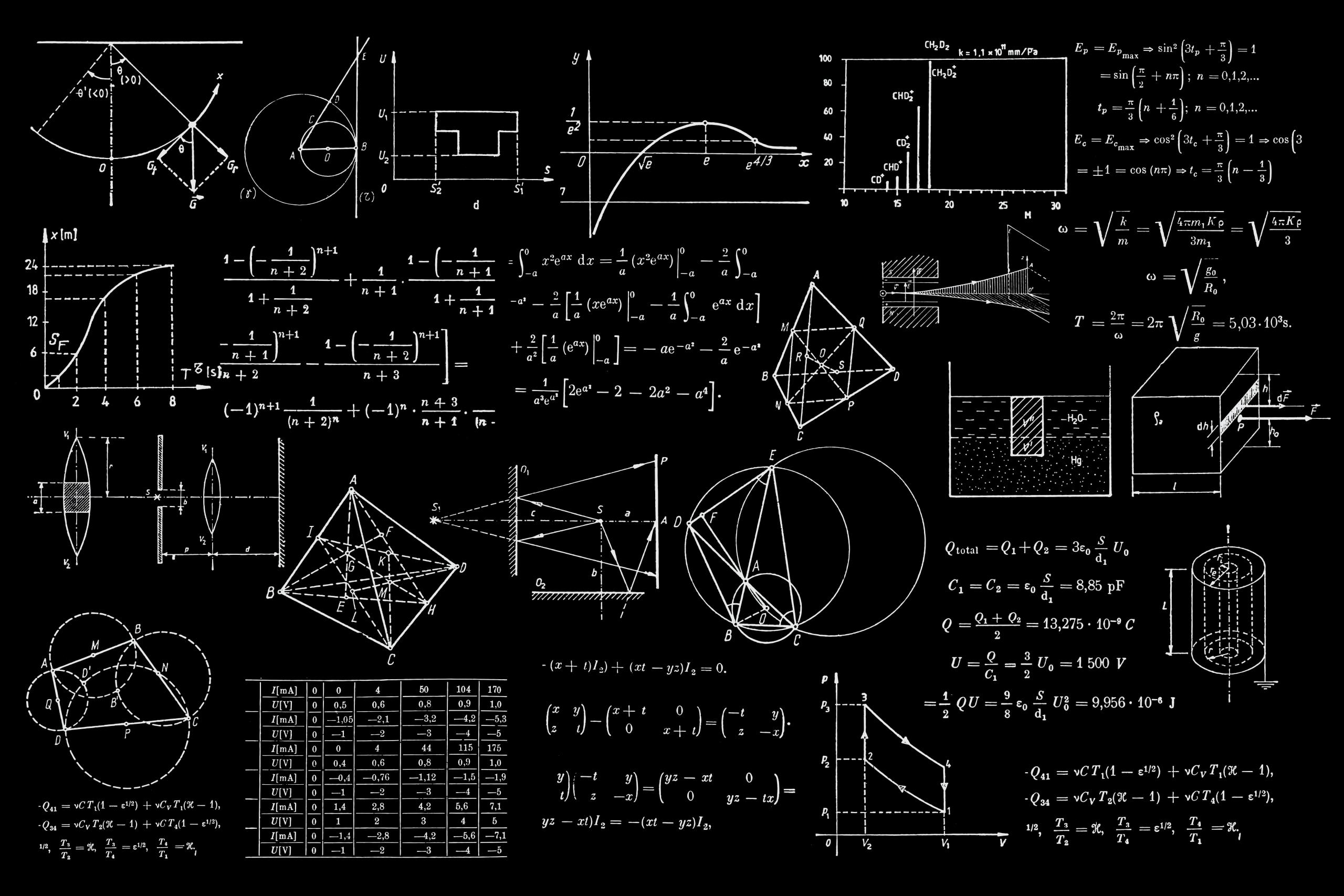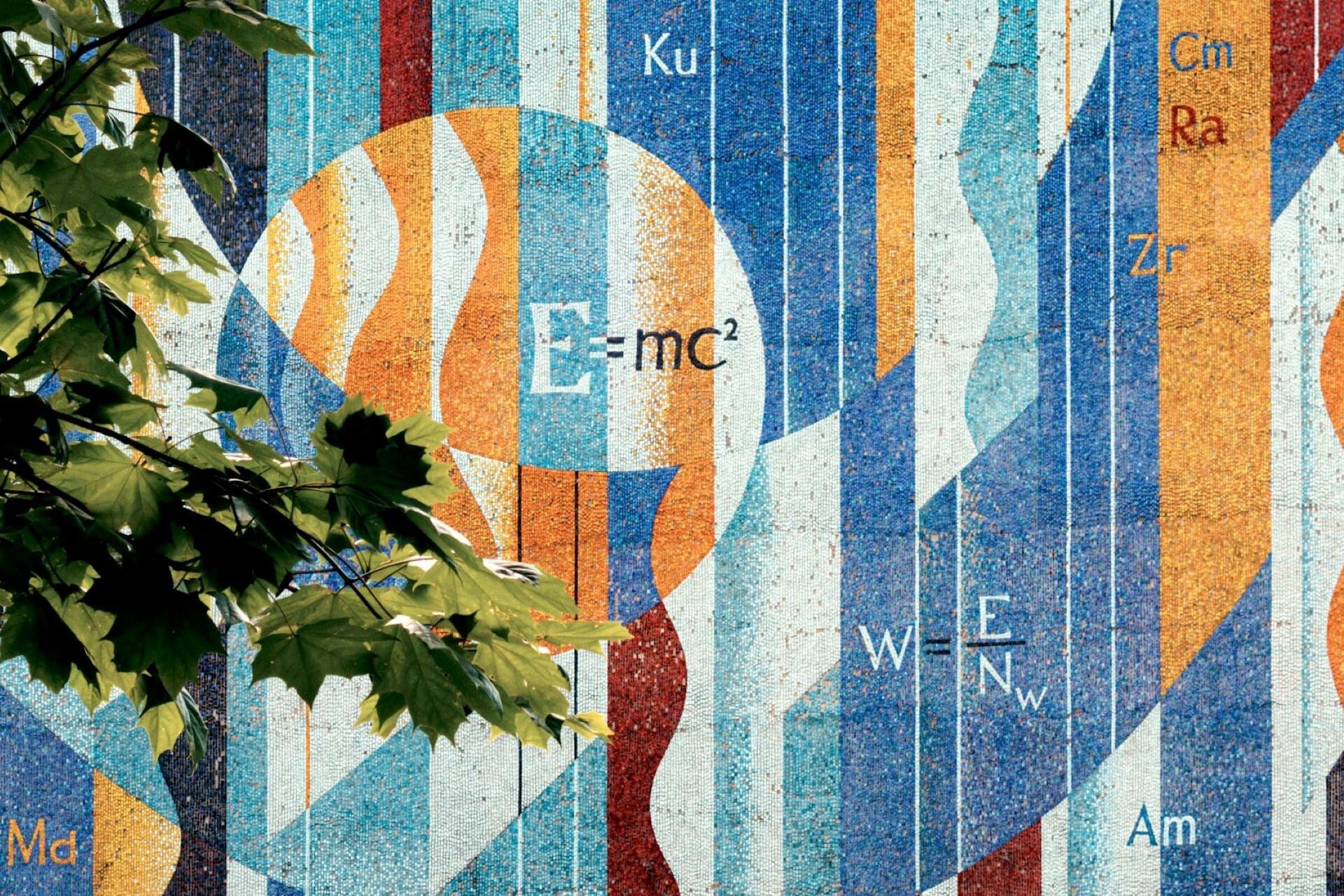"It should be possible to explain the laws of physics to a barmaid." -Albert Einstein
Comprehending the fundamental explanations of our physical world should not be that complicated yet. Unfortunately, it is. The laws of physics are taught confusingly and, if a strong foundation of science and mathematics hasn't been laid, students are doomed to understanding even the most straightforward physics rules.
Nonetheless, there has been a lot of emphasis in recent years on making physics more attainable to all. There are informative blogs and educational YouTube videos that break down physics principles in bite-size pieces that are easy to digest.
But what about quantum physics? Can I learn more about quantum physics without a university degree? Absolutely! By hiring a personal tutor on a site such as Superprof, individuals across the UK can quickly comprehend quantum physics.
Without further delay, in today's article, we'll analyse some helpful information about quantum physicists and the sector of quantum mechanics.

What Qualifications Do I Need to Become a Quantum Physicist?

Albeit challenging, becoming a quantum physicist is rewarding since you will feel proud of yourself for achieving the accreditations necessary to work in quantum mechanics.
Although a positive attitude, diligence and motivation are necessary to study quantum physics, you'll also want to hone patience, analytical thinking, and problem-solving abilities.
But, what are the qualifications needed to become a quantum physicist? First, it's worth mentioning that after receiving your high school diploma and getting fantastic grades during your GCSEs and A-Levels, the following are the further accreditations you'll need to work in quantum mechanics:
- A Bachelor's Degree: the first step is acquiring a three-year Bachelor's degree in a science-related topic.
- A Master's Degree: after you've gotten a BSc degree in physics, you'll want to study a graduate programme to further your knowledge of quantum mechanics. Many UK-based universities offer MSc degrees in physics.
- A PhD: the last step to becoming a qualified quantum physicist is studying for a PhD in a science-related topic such as physics. Those who get a PhD are experts in quantum physics and usually seek employment in the education sector to instruct others about quantum topics.
For additional support in grasping these challenging concepts, you might consider working with a physics and math tutor.
It's worth stating that the educative process of becoming a quantum physicist may last anywhere between five to eight years.
Also, the degrees/qualifications that we mentioned in our previous list are only examples of the most traditional way to become a quantum physicist. Depending on your circumstances and situation, it may take longer or shorter to start working with quantum mechanics.
Conduct a thorough search of the universities in the UK that offer quantum physics programmes.
What Jobs Can You Get With Quantum Physics?

When studying an academic discipline at a further education centre, the primary reason is to become qualified and get a job in your desired field. Therefore, before starting a new degree, students usually want to know whether or not there is a high employment rate in that sector.
So, what about quantum physics? Are there many jobs available to persons fresh out of uni? Absolutely! After the mandatory qualifications at university have been acquired, the following are some of the potential careers for those with knowledge in quantum mechanics:
- Physicist,
- Application Scientist,
- Research Associate in Physics,
- Lead Research Scientist in Theoretical Physics,
- Research Associate in Physics,
- Senior Scientist,
- Computational Quantum Physicist,
- Scientific Software Developer for Quantum Physics,
- Quantum Mechanics Developer,
- Research Scientist for Quantum Mechanics,
- Senior Research Scientist for Quantum Mechanics,
- Quantum Physicist.
The previously mentioned employment positions can easily be found on job hunting websites such as Indeed, LinkedIn, Reed, and Monster. However, some employers may require previous work experience and specific qualifications for quantum physics graduates; therefore, carefully read the job description before applying to avoid wasting your time and that of your employer.
But, what are some of the job tasks and responsibilities of quantum scientists? Well, it's important to state that many quantum physics jobs require a lot of research, analysing data, recording observations, testing new physics methods, and teaching others about their findings.
The annual salary of persons who have a quantum physics degree is quite a bit higher than most other careers, and they can expect anywhere between £50,000 to £60,000 when starting. However, as time goes on and skills are honed through experience, it's not surprising for quantum physics jobs to pay more than £100,000 annually.
To ensure that you're on track to graduate university and become a quantum scientist or if you need additional qualifications in the sector of physics, we highly recommend hiring a Superprof quantum physics tutor to get you where you need to be!
Hire a physics tutor here on Superprof.
2021 Highlights of Quantum Science
2021 was a crazy year for many reasons. There were more natural disasters than previously ever recorded, COVID-19 was left lingering and infecting millions of people worldwide, and many social causes were addressed. Now, enough about the negative, 2021 also marked a fantastic year for quantum science. How so? Well, some various developments and highlights were truly remarkable.
The following are three of the highlights from 2021 in the sector of quantum science:
- Kang-Kuen Li's Quantum Chemistry Experiments: a brilliant highlight in the sector of quantum science occurred in May 2021 when Kang-Kuen Li and her colleagues at Harvard cooled molecules of potassium and rubidium down to a fraction of a degree above zero; this reduced the number of possible chemical reactions between the molecules from infinite to just 57. This experiment was a massive step forward for quantum chemistry.
- Discovering the First Quantum Phase Battery: in June 2021, physicists at the NEST-CNR Nanoscience Institute in Pisa and the University of Salerno demonstrated the first quantum phase battery. The physicists built the quantum phase battery of InAs nanowires and superconducting Al leads. A quantum phase battery is remarkable because it provides a continuous phase bias to the wavefunction of a quantum circuit, similar to how a conventional battery provides a persistent voltage bias to an electrical circuit.
- Creating the Most Precise Thermometer Ever: in January 2021, colleagues at the University of Aalto, Finland, and Lund University in Sweden began the world's most accurate thermometer by building a nanoscale device that can detect fundamental fluctuations in the electron temperature of any sample tested.
While there were plenty of quantum science highlights in 2021, the previously mentioned were the most noteworthy. To keep up to date with advancements in quantum science, we highly recommend consulting the following websites since their information is trustworthy:
- The Independent,
- Phys.org,
- Science News.
If you like science, it's worth keeping track of quantum science because it will be more implemented in technology shortly. Technological devices will rely more heavily on quantum science, bringing us to our next point, what is a quantum computer? Keep on reading to find out more!
What is a Quantum Computer?
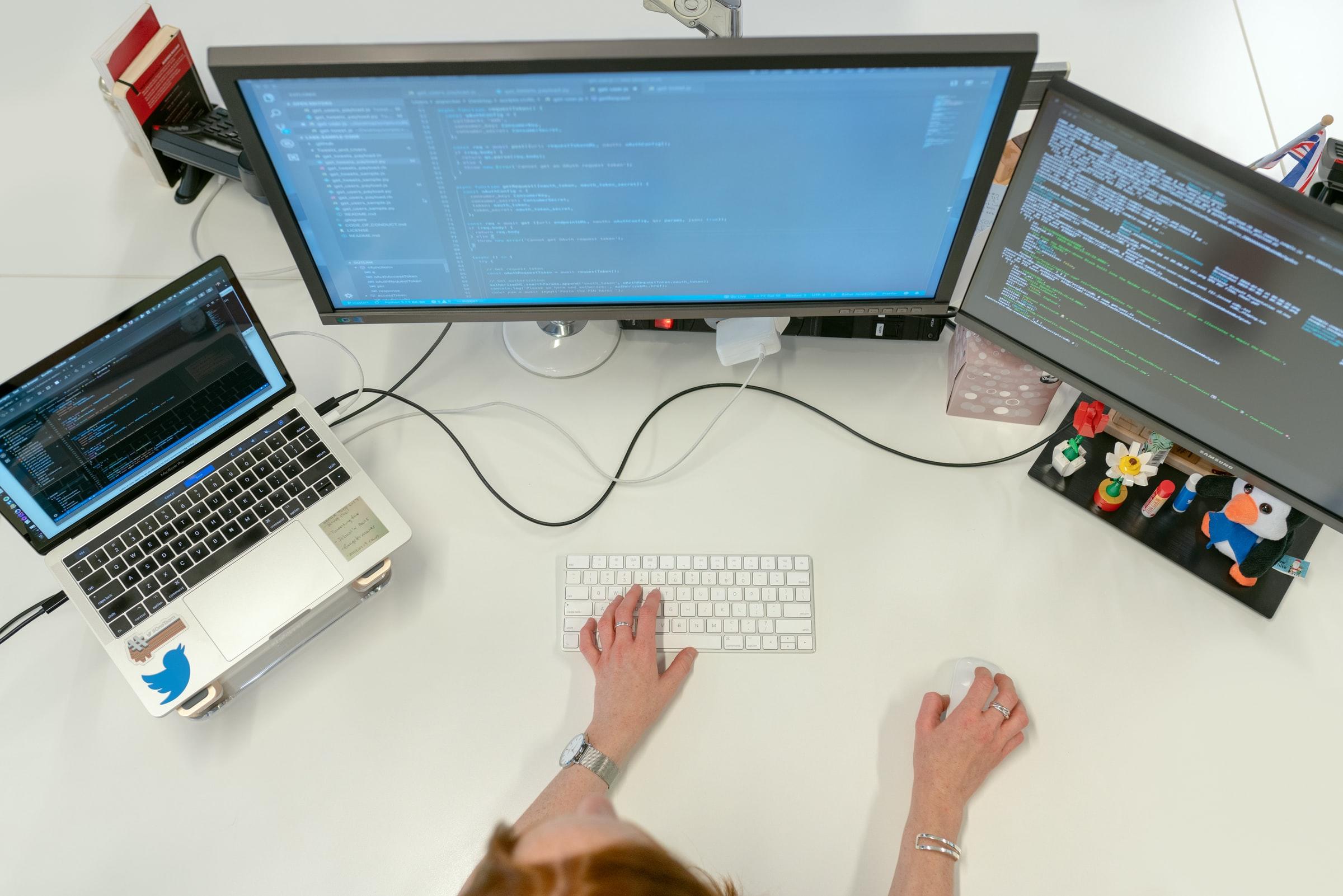
Though quantum mechanics is the main subject, specific subdisciplines employ the basics of quantum physics to complete their research. Such as? One of them is quantum computing. For those who don't know, quantum computing is a type of computation that uses elements of quantum science like superposition, interference, and entanglement to perform calculations. Therefore, it's necessary to use a quantum computer to complete the basics of quantum computing.
Quantum computers are slowly gaining traction and are praised by experts for many reasons, such as their ability to process data and store it more efficiently than traditional computers. Quantum computers are composed of the following elements:
- Qubits,
- Photonics,
- Trapped ions,
- Semiconducting material,
- Superconducting material,
- Quantum registers,
- Quantum reversible gates,
- Quantum processing unit.
To work effectively, quantum computers are programmed by developers to send the algorithms via a host system. Though most aspects of quantum computers are overwhelmingly positive, physicists have discovered that isolation and signal control will most likely be significant drawbacks. Also, since they are still in development, there aren't enough algorithms yet for quantum computers to be used by regular people like you and me.
But, what is the primary difference between a quantum computer and a regular computer? The big difference compared to a classical computer is that a quantum computer is following a different set of rules, and it's not using zeros and ones like classical computers are. Instead, regular computers use bits and bytes, but quantum computing is designed to work with qubits. So, for example, the classical computer can only be either on or off; however, quantum computers that use qubits can be on and off simultaneously.
Therefore, researchers are optimistic about the capacity and efficiency of quantum computers since they are swift, can process information much quicker than a traditional computer, and might be the key to fully developing functioning AI machines.
To learn more about quantum computers, it's highly recommended to either attend university courses as part of a degree or to hire a personal tutor to walk you through the basics of quantum computing.
In conclusion, after reading through this article, we are sure that you now have a much better idea about quantum science and how its research is helping to develop many new fields and provide us with a more thorough understanding of things from the physical world.
Summarise with AI:








